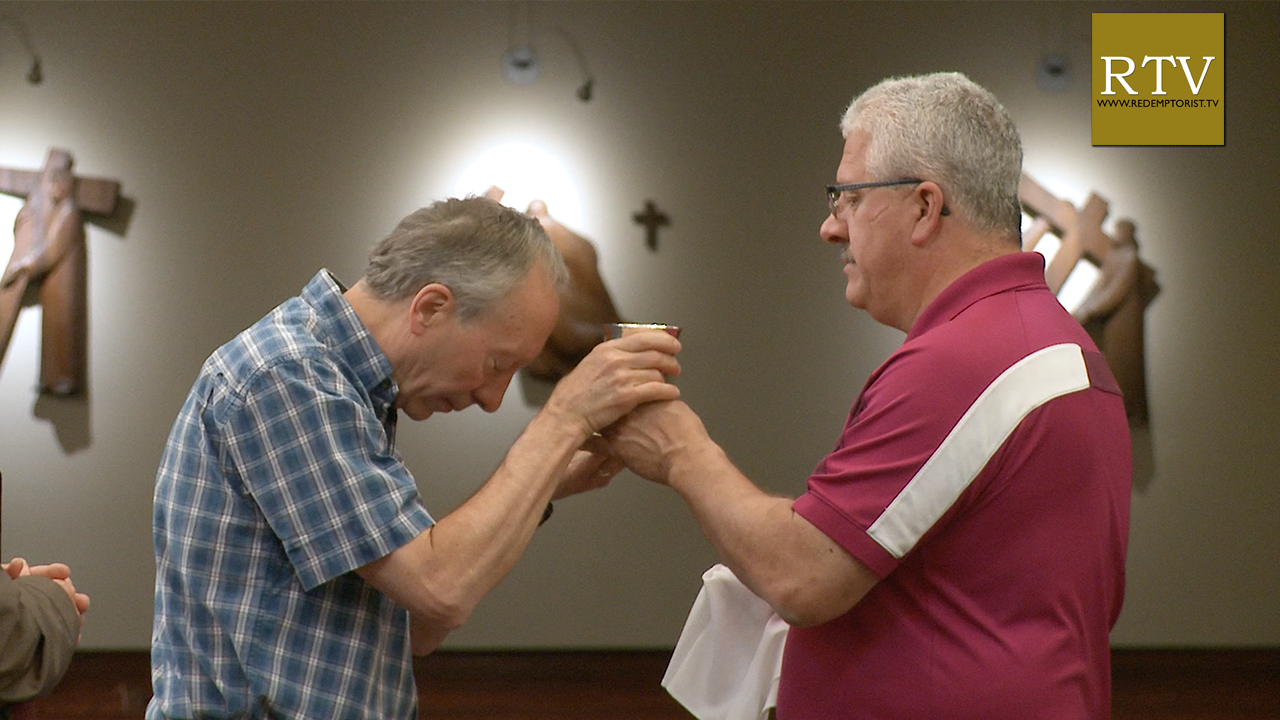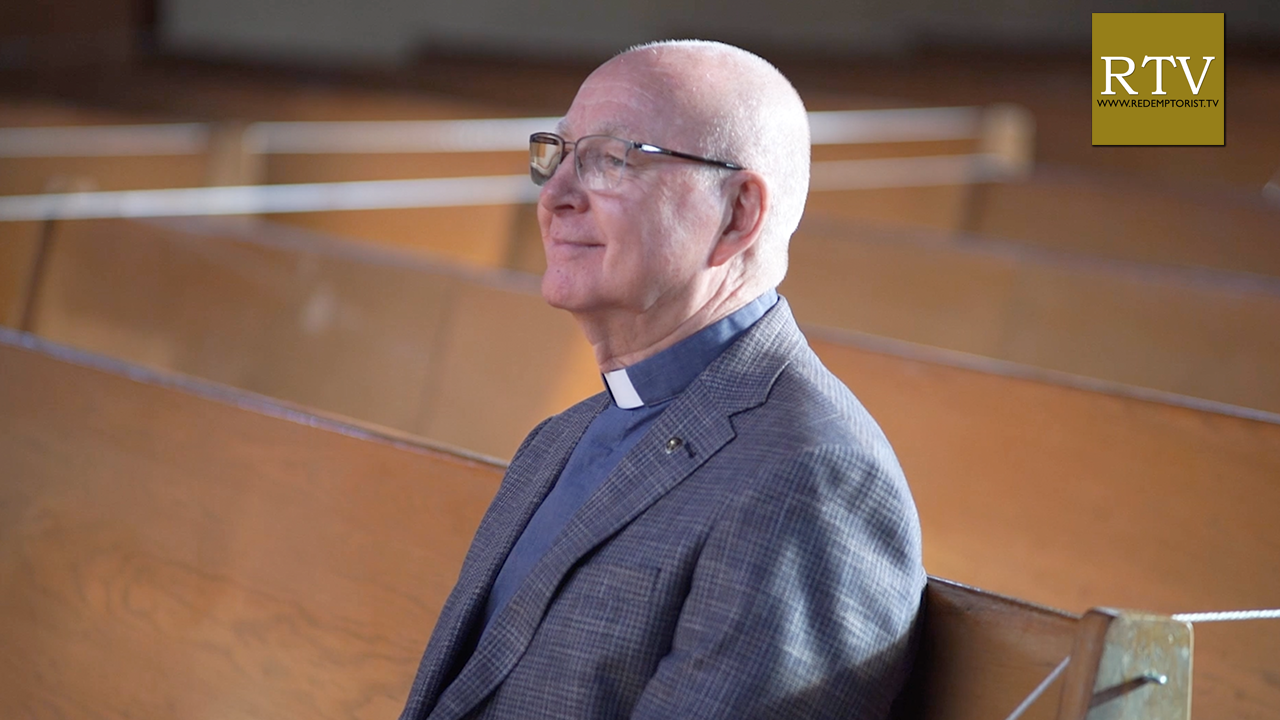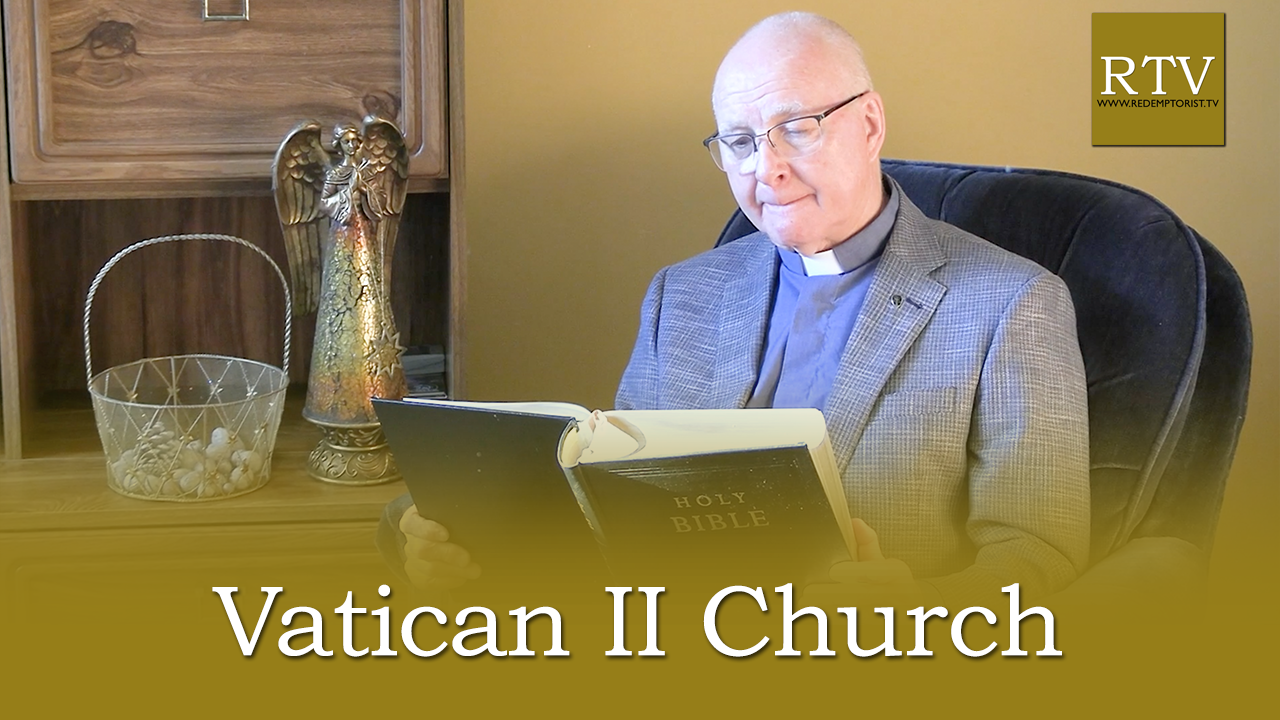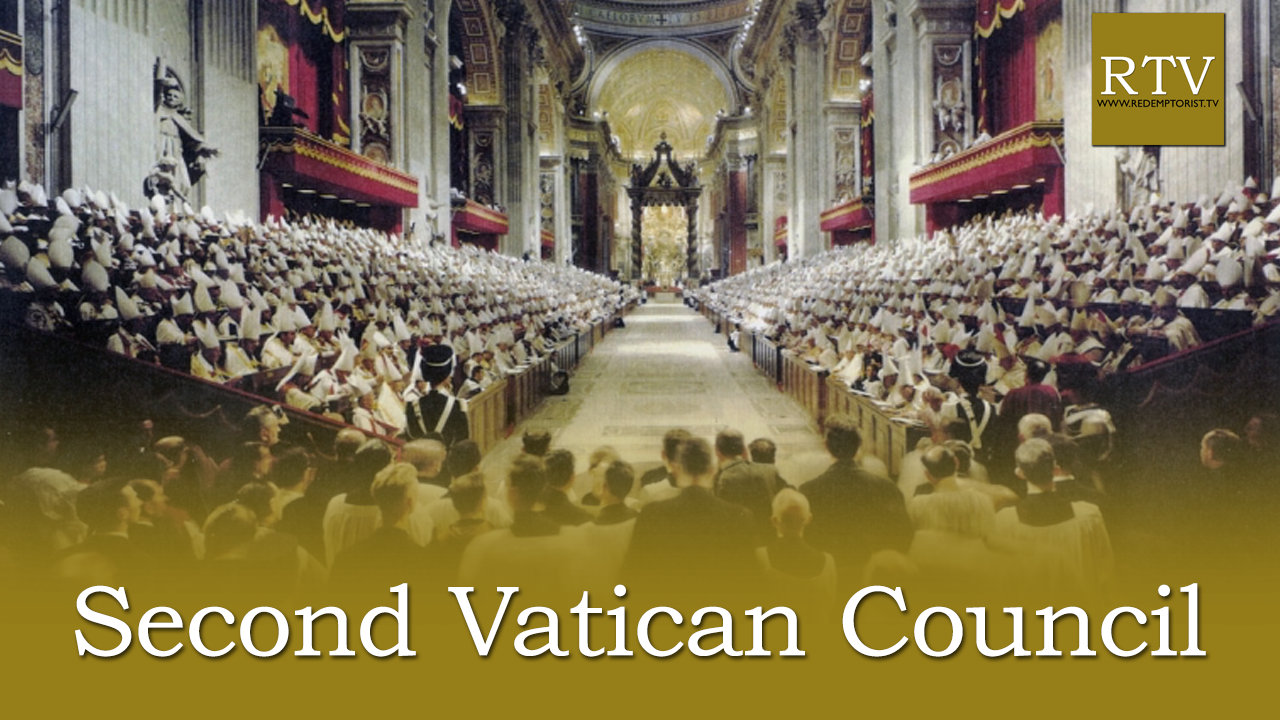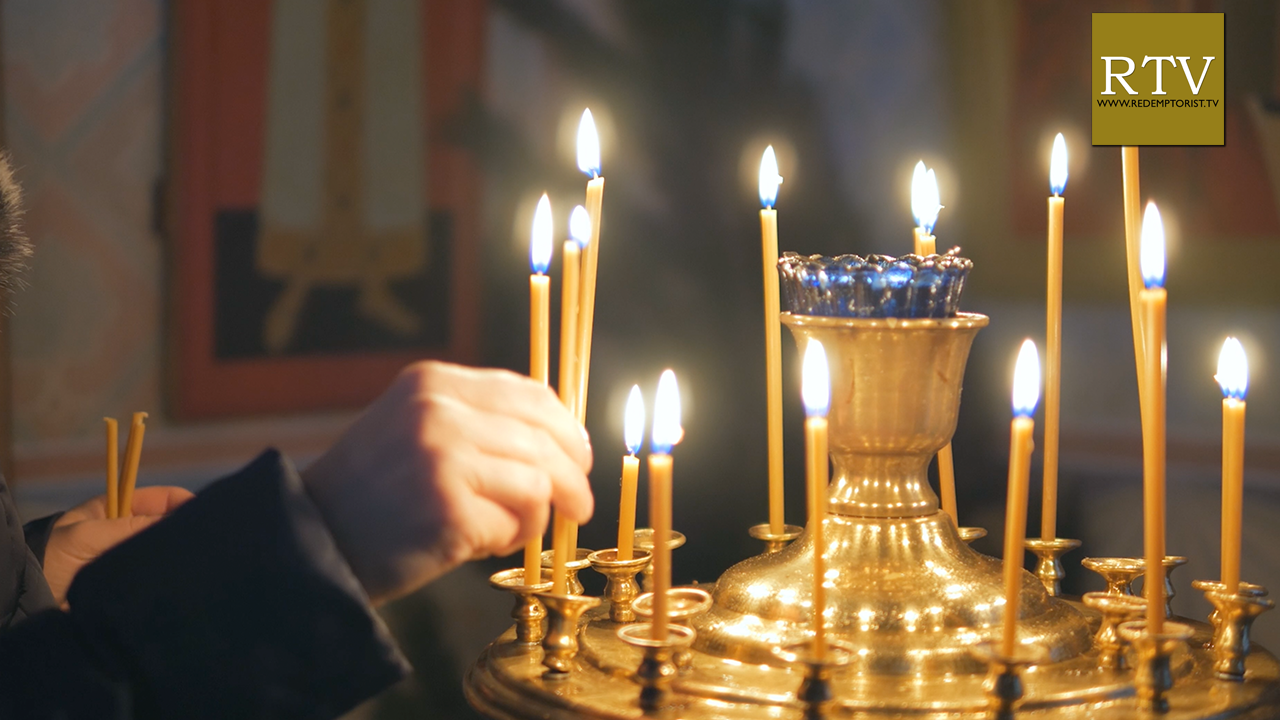Fr. David Louch, CSsR
View videos below
Active Participation
The key to having a more meaningful experience of Eucharist and all the other sacraments is attentiveness: attentiveness to the words that you hear as well as those that you speak or sing, attentiveness to the ritual action that you both see and do, attentiveness to the symbols and symbolism in the words and in the ritual actions. Attentiveness is at least a place to start in discovering a deeper and more meaningful participation in the Liturgy.
Click the video to watch!
Formation by the Liturgy
It is actually we ourselves who participate in liturgy who need revitalizing. So, appreciating the many aspects of liturgy that Vatican II formulated to enhance participation, it is now our turn, our moment to respond. We find this within us, when we allow ourselves to feel deeply the history and the essence of the mystery in which we participate at liturgy.
Click the video to watch!
Vatican II Church
One of the most important decisions made in the course of Vatican II discussions was to pull together all the material in the working document on “People of God” and make it a separate chapter, AND place that chapter before the chapter on the hierarchy. This was to emphasize the basic equality of all the members of the church (all the baptized) before distinctions are made according to office or charism.
Click the video to watch!
Second Vatican Council
The legacy of the Second Vatican Council over five decades is immeasurable. If you are old enough, make a mental picture of Church life then and now and you will see a dramatic difference – and not only in the liturgy with the full, conscious and active participation of the whole congregation and the priest facing them.
Click the video to watch!
The Trinity and the Paschal Mystery
Pope Francis’ Apostolic Letter Desiderio desideravi on the Liturgical Formation of the People of God is focussed on encouraging and inspiring us to enter into a fuller and richer way of living our liturgical rites in communion with the triune God, with the saints and angels, and with the whole People of God.
Click the video to watch!
Lay People in the Church
Those of us who are ordained have the gift of preaching and teaching, of learning our traditions in the light of Vatican II, and of living them. The laity, as various as they are, have many gifts to bring to the discussion, many experiences where over and over again, they learn, and we can learn from them, that love is only the only answer.
Click the video to watch!
